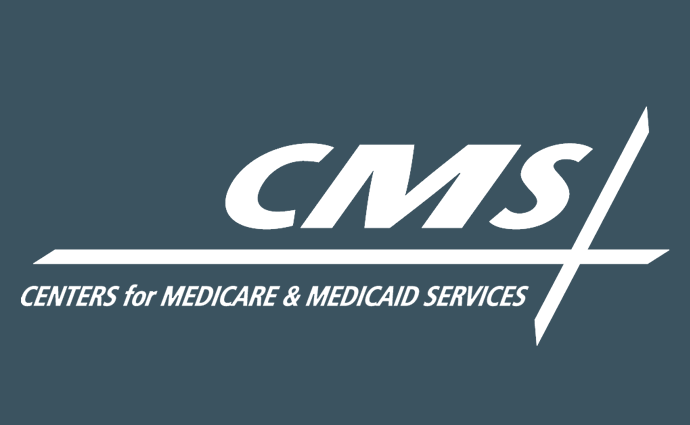Voluntary Bundled Payments Launch, HHS Nominee Backs Mandatory APMs
HHS nominee Alex Azar told Senators he supports mandatory APMs, while CMS announced the launch of new voluntary bundled payments building on the BCPI initiative.

Source: Xtelligent Media
- CMS announced a new voluntary bundled payments opportunity starting in late 2018 on the same day that HHS Secretary nominee Alex Azar seemingly backed mandatory alternative payment models during a Senate Finance committee hearing.
The new voluntary model, known as the Bundled Payments for Care Improvement Advanced (BPCI Advanced), builds on the existing BPCI initiative. Providers can elect to receive bundled payments for 32 clinical episodes, such as major joint replacement of the lower extremity and percutaneous coronary intervention.
The BCPI Advanced notably adds three outpatient episodes to the inpatient care episodes included in the original BPCI demonstration.
Providers who elect to join the bundled payments model will also face downside financial risk. Participants will have to repay CMS for financial losses incurred during qualifying 90-day care episodes, but they can also share in the savings if actual care costs are below the spending target.
CMS added that providers can earn additional payments under the model by demonstrating high-quality performance as long as actual costs do not exceed the spending target.
In addition, the BPCI Advanced model also requires participating providers to use certified EHR technology.
With financial risk, quality-based payment, and certified EHR use requirements in place, the BPCI Advanced will qualify as an Advanced Alternative Payment Model (APM) under MACRA.
“CMS is proud to announce this Administration’s first Advanced APM,” stated CMS Administrator Seema Verma. “BPCI Advanced builds on the earlier success of bundled payment models and is an important step in the move away from fee-for-service and towards paying for value. Under this model, providers will have an incentive to deliver efficient, high-quality care.”
The federal agency anticipates the first BPCI Advanced performance period to start on Oct. 1, 2018. The model will run until Dec. 31, 2023.
While CMS launched a voluntary bundled payments model, HHS Secretary nominee Alex Azar told Senators at the Senate Finance Committee nomination hearing that he supported mandatory demonstrations.
Senator Mark Warner (D-VA) asked the former Eli Lilly executive how he felt about forcing some providers to join alternative payment models to transform the industry. Warner explained that voluntary alternative payment models tend to attract providers who have already started the value-based reimbursement transition, while those who are less efficient generally do not choose to participate. Therefore, mandatory demonstrations help to transition all providers.
Azar agreed that mandatory alternative payment models are appropriate in certain situations.
“We need to be able to test hypotheses,” he responded. “If we have to test a hypothesis, we have to be a reliable partner. I want to be collaborative in doing this. I want to be transparent and follow appropriate procedures. But if to test a hypothesis on changing our healthcare system needs to be mandatory opposed to voluntary to get adequate data, then so be it.”
If appointed to HHS Secretary, Azar’s stance on mandatory demonstrations would mark a change from the previous Secretary’s perspective on compulsory models. Former HHS Secretary Price staunchly opposed mandatory models, arguing that they overstepped the authority of CMS and forced providers to engage in models without proof that payment and care transformations would improve quality and/or reduce costs.
Price proposed to cancel two mandatory bundled payment models developed under the previous administration and set to launch on Jan. 1, 2018. CMS finalized his proposal after Price stepped down from his HHS post following allegations that he inappropriately used taxpayer dollars.
The federal agency also decreased the scope of the mandatory Comprehensive Care for Joint Replacement bundled payment initiative.
“While CMS continues to believe that bundled payment models offer opportunities to improve quality and care coordination while lowering spending, we believe that focusing on developing different bundled payment models and engaging more providers is the best way to drive health system change while minimizing burden and maintaining access to care. We anticipate announcing new voluntary payment bundles soon,” Verma explained in the cancellation announcement.
While CMS held its promise to deliver more voluntary options, the federal agency may develop some mandatory alternative payment models under Azar.
